Ah, it’s-a he, Mario. Arguably the flagship character in the Smash Bros. franchise (and certainly of Nintendo as a whole), yet often one of the most innocuous. Some players might be surprised at how good Mario can actually be with some knowledge of the dos and don’ts of his moveset. That’s where this guide comes into play.
We’ll be covering how to win with Nintendo’s famous plumber by using fire, water, tornadoes and other elements to your advantage. Oh, and don’t forget the one-time Jumpman’s jumping prowess.
F.L.U.D.D.
Whatever you do, do not mistake this for an attack. It’s not (at least not on the default setting). It does no damage and can sometimes slow you down. So why use it?
F.L.U.D.D. has a very specific purpose in preventing opponents from returning to the stage. It only works well when timed properly, so make sure you know what you’re doing before you use it. Otherwise, it could leave you open for attack.
If you would like your F.L.U.D.D. to serve as an offensive maneuver, you can employ the Scalding F.L.U.D.D., which burns your opponents with hot water. Alternatively, a move to the High-Pressure F.L.U.D.D. creates a stronger push on opponents, but will push Mario back as well.
Sliding Kick
You can perform this move by running and hitting the A (or 2) button. Pretty simple, but I would strongly recommend it for whenever you need to get an opponent off the ground. This one will do the trick nine times out of ten. Once they’re flying through the air, the possibilities are endless.
Fireball
The Fireball is a solid long-range attack, almost guaranteed to hit if you’re within a reasonable distance from your opponent. Be aware that it does not do a whole lot of damage, so you’ll have to chuck a few of these for them to have a real effect. Going heavy on the more intense attacks could get you in trouble, though, so this is a good one to keep in your back pocket. Keep a bit of distance from your opponents as they duke it out, and this will serve you well.
You can also customize the fireball by way of the Fast Fireball, which is quicker but does less damage, or the Fire Orb, which is slower, but larger, and can hit multiple times.
Headbutt
This move is great for finishing off opponents or at least sending them flying upwards. Positioning is key here, as you have to be standing pretty still for it to work. This means that if you are too obvious about it, your opponent could beat you to the punch (or headbutt, as it were) with an attack of his or her own.
This goes doubly for when you want to charge the Headbutt, which takes even more time. Of course, when done properly, this is very worth it and should send your foe zooming up and off the screen. Amazing what a plumber’s cap can do.
Cape
This technique has a couple of uses. It can work as an attack and harm your opponent, though this is probably not its best use. Like the Fireball, it does limited damage, and unlike the Fireball, it requires close proximity to the opponent. Where the cape really shines is its ability to deflect opponents’ attacks. This works well in countering moves like Samus’ Charge Shot and Link’s Hero’s Bow, harming those characters with their own specialties.
The Shocking Cape will create an electrical effect and do more damage, but the ability to deflect opponents’ attacks is gone. Meanwhile, the Gust Cape provides, well, a gust, which actively pushes opponents but is less effective damage-wise (and speed-wise, for that matter).
Palm Thrust
This is Mario’s forward smash — and alongside the Headbutt, is his best means of finishing off opponents (except, of course, for his Final Smash). This one can be a bit tricky to pull off, but when it works, it really works. Again, the trick here is to avoid overuse and pull this out of the bag when you know your opponent is truly vulnerable.
Super Jump Punch
Mario’s recovery move serves that purpose quite effectively. Like many recoveries, though, players should beware of using it too soon and missing the platform. It also works well as a straight-up attack, as Mario can use it to get out of tricky situations and quickly alter his opponents’ positioning. This is a move that it might be okay to use frequently, so long as you’re making sure you’re not going in the wrong direction. If you do, you probably won’t like what happens next.
Interestingly, you can customize this move by removing the punch entirely and making it a Super Jump. The other option is to focus on the damage and make the punch more explosive with the aptly-named Explosive Punch.
Tornado
The tornado works well for a reset — if you don’t like how things are going and you want to attack someone from anywhere on the field. When used well, it can surprise opponents and give the player an opening to hit more powerful attacks.
The flip side of this is that the tornado’s power is limited, and it is easy for an attempted tornado to backfire if the opponent is waiting with something stronger. Basically, a tornado into any kind of sharp object is not a great idea.
Final Smash: Mario Finale
Mario’s Final Smash sends a huge swarm of powerful fireballs at the opponent. This is one of those Smashes that is very effective when used well, but easy to use poorly.
First of all, make sure you’re facing the right direction or it will do nothing. Secondly, make sure that opponents are in your path and are close enough for the move to do damage. Ideally, you want to get two or three people with this one, but that is not always possible based on stage and positioning. What you don’t want to do, though, is perform the move from a far distance and have it fail completely.
Another note is that you might want to execute this when your opponents’ damage percentages are fairly high — because if not, the move is unlikely to result in a kill.
Ultimately, the Mario Finale is a good balance between Smashes that require precise positioning and those that work anywhere on a given stage. It requires thought and some precision, but its range is fairly good and a proper use of it can wipe out the field.
Conclusion
Mario is a good character for beginners, but he also can do more than many people think with some practice. He has a nicely varied set of attacks that will come in handy in many different situations.
I would hardly call Mario overpowered in any sense, but the phrase “easy to learn, hard to master” comes to mind with our Koopa-kicking hero. Taking the time to master Nintendo’s flagship star can serve Smash players well in both “For Fun” and “For Glory” styles of play.
Images
Cape: Smashpedia user DerpyDoodle
Super Jump Punch: GameSpot user gajan-k

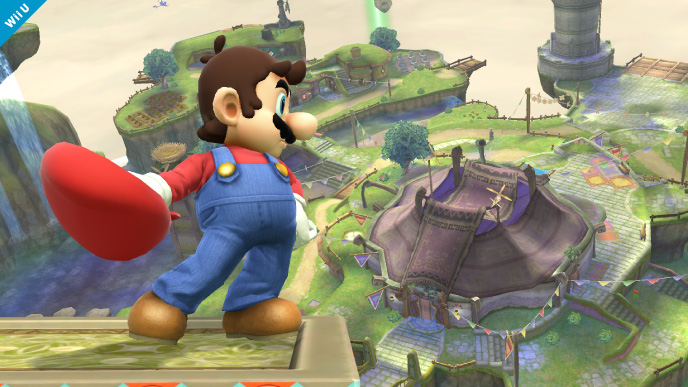
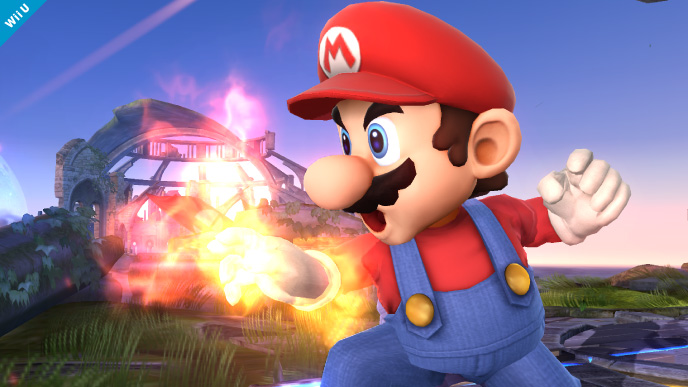
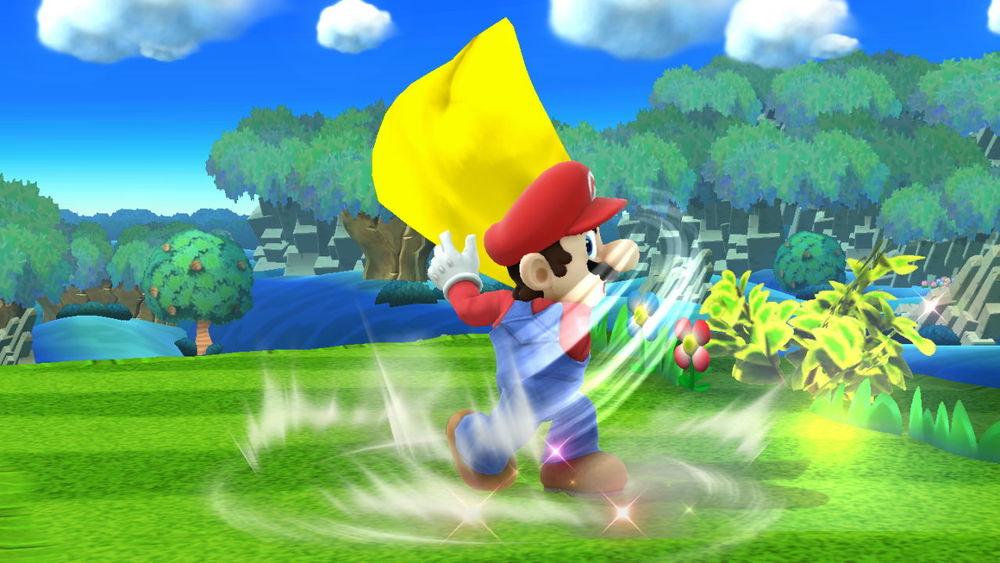
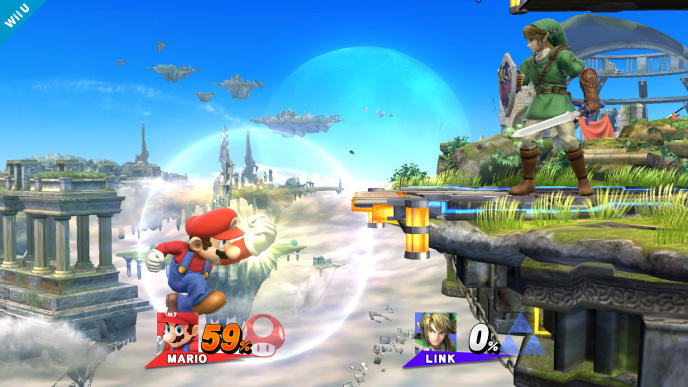
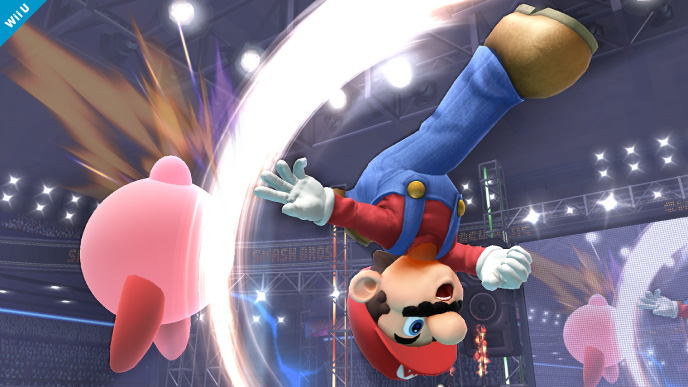

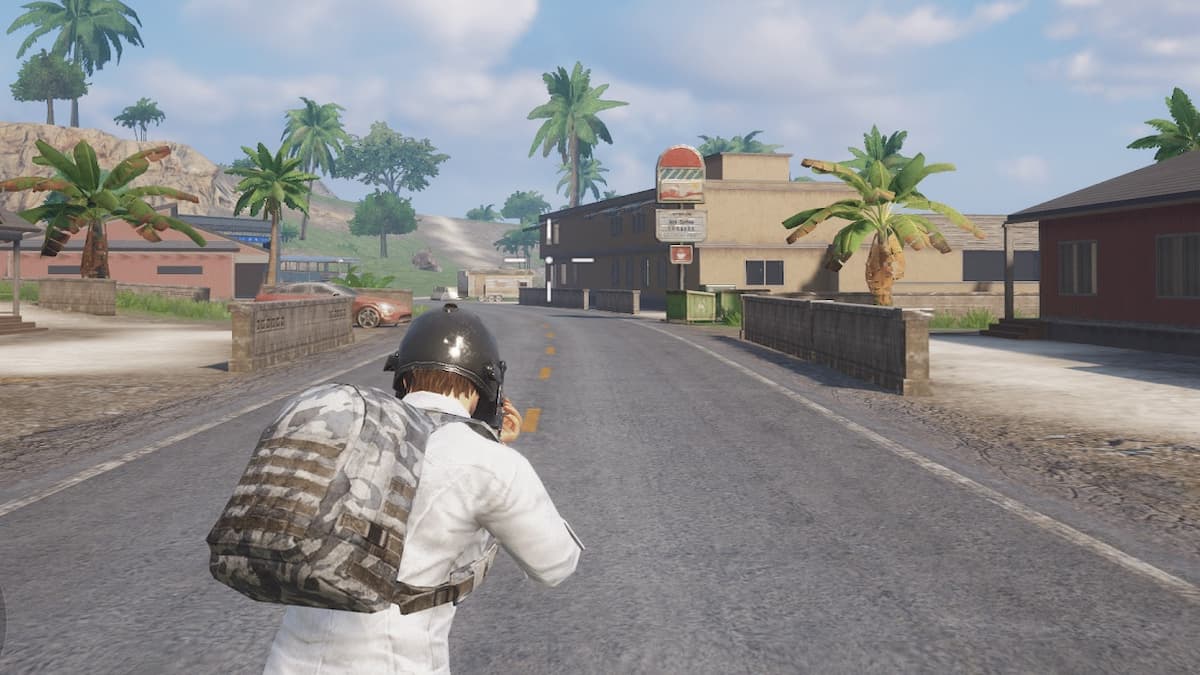

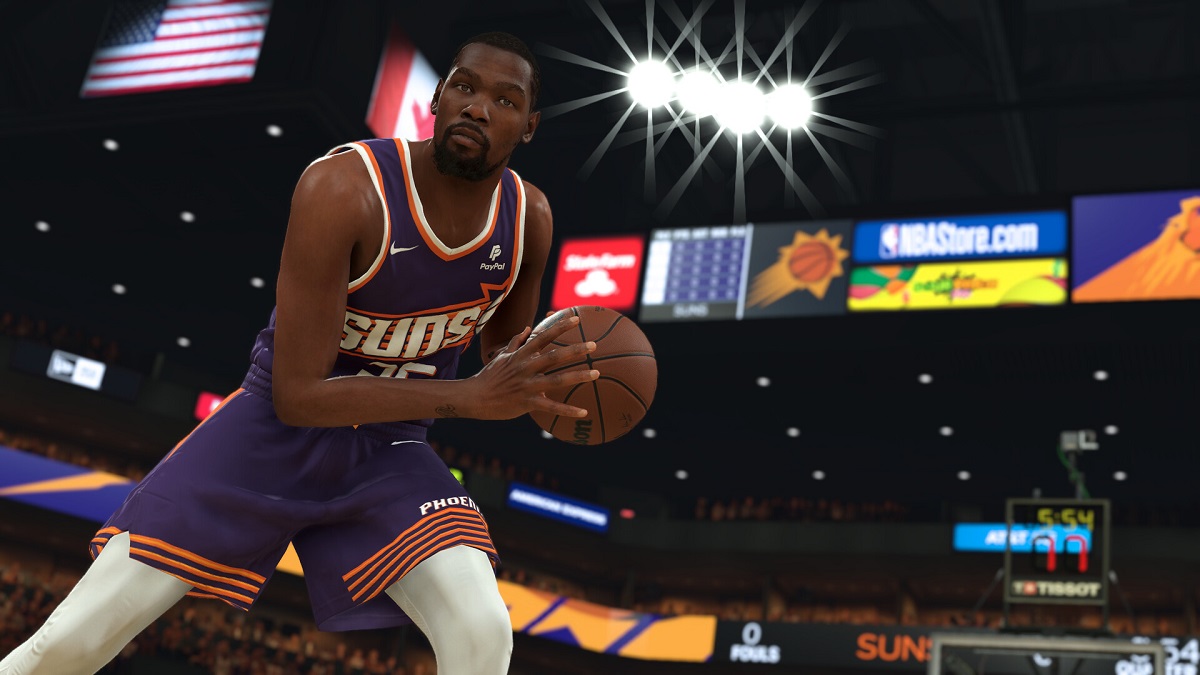
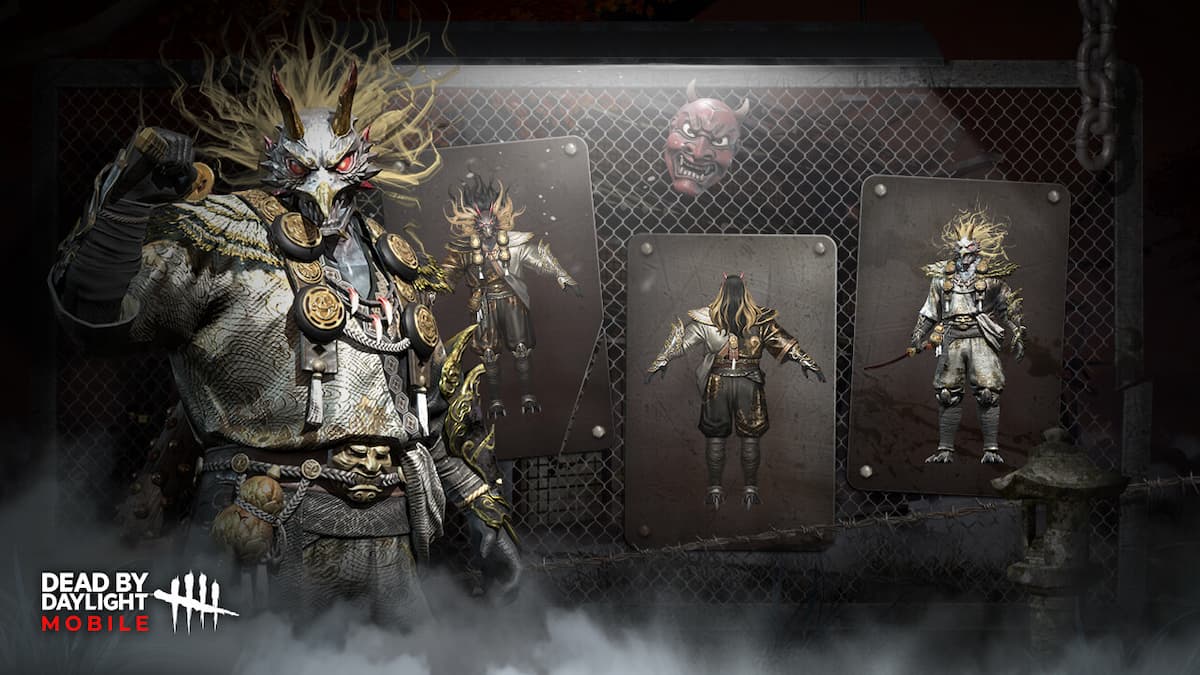
Published: Jul 3, 2016 8:40 PM UTC